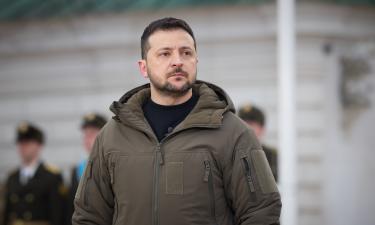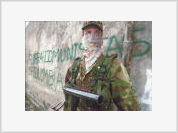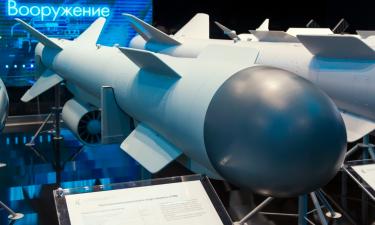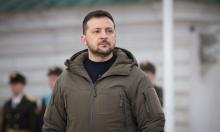Estonia and Lithuania do not consider 60th anniversary of Victory over Nazism a holiday
The two Baltic states ignore Russia's invitation to visit Moscow for celebrations
The presidents of two Baltic states, Lithuania and Estonia, turned down Russia's invitation to come to Moscow to participate in festive celebrations of the 60th anniversary of Victory over Nazi Germany. The decision did not bring a surprise to anyone. Official spokespeople for both Lithuanian and Estonian governments said in the beginning of February that their presidents would most likely not visit Moscow for the anniversary. Therefore, the statements from Lithuanian President Valdas Adamkus and from Estonian President Arnold Ruutel (the two leaders released them almost at one and the same time on March 7th) did not produce a sensation. 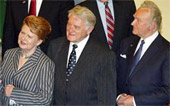
Both Adamkus and Ruutel implied that they did not consider May 9th as a holiday. The Lithuanian president said that the Russian nation would probably understand his decision not to come to Moscow, as if Russians were the only people to wage war against Nazism. Adamkus's Estonian colleague explained his decision with the fact that “Estonia was not free to choose its future after the war.
Vaira Vike-Freiberga, the President of Latvia, will be the only leader of the three Baltic states to visit Russia for the anniversary. It is worth mentioning, however, that this honor is rather doubtful too. Freiberga has already done her best to convince both Latvian citizens and the foreign society that the goal of her visit to Moscow would not be connected with the celebration of the Victory over Nazism only. Vaira Vike-Freiberga would like to let Russia and the whole world know of the Baltic states' opinion (and Latvia's opinion in particular) regarding the day of May 9th. Furthermore, the Latvian president decided to enlighten the “benighted” Eastern neighbors in advance: Freiberga insulted Russian veterans, when she said that they were celebrating the May Day with “dried fish and vodka.”
As a matter of fact, it would probably not be a big loss for Russia, if the presidents of Lithuania and Estonia stayed in their countries instead of coming to Moscow. Why would Russia welcome the leaders of the countries, who decided to unveil a monument to SS officers (in Tallinn) next to the monument to Soviet warriors?
The Baltic leaders try to use every good and bad chance to recollect the Soviet “occupation” of Estonia, Latvia and Lithuania. The governments of the three states, however, are not willing to recollect the time, when Latvians, Estonians and Lithuanians exterminated tens of thousands of Soviet activists, prisoners or war and Jews during the wartime years. Maybe they should sort out their sins of the past at first before they venture to preach “wisdom” to their neighbors?
On the photo (left to right): Vaira Vike-Freiberga, Valdas Adamkus and Arnold Ruutel
Subscribe to Pravda.Ru Telegram channel, Facebook, RSS!
